D-Day 80th anniversary commemorations led by King Charles III
D-Day was a significant turning point in World War II. Western Europe was previously inaccessible to the Allied forces. But after this win, they were able to send troops to fight back against the Germans and start liberating Nazi-occupied nations like Belgium and France. As a result, in the end, the Allies were able to invade Germany and defeat them in Berlin.
King Charles III’s Involvement in Honoring Veterans
The King was accompanied by Prince William, Queen Camilla, and veterans of the D-Day landings eight decades earlier. The King said that it was “our duty” to always remember the sacrifices made by the war generation in his first speech in public following his cancer diagnosis.

Giving thanks to all those who gave so much to win the victory whose fruits we still enjoy today, Charles, a veteran of the Royal Navy and Royal Air Force, addressed the crowd waving flags. He said, “Let us once more pledge to never forget, to cherish, and to honor those who served that day.”. In a significant turn of events during World War II, the date honors the soldiers who fought to liberate France.
King Charles III shows true compassion and gratitude by actively interacting with veterans and their families. He guarantees their acknowledgment and pays tribute to their bravery by organizing events and participating in ceremonies. His participation serves as a poignant reminder of the value of conserving historical heroes’ legacies and an admirable model for upcoming generations. His dedication to commemorating their service and sacrifices shows how much he values veterans.
D-Day’s Significance in UK History
Commencing on June 6, 1944, the Allied invasion of Normandy was an unparalleled amphibious operation.. It was dubbed D-Day. Known as Overlord, this massive cross-Channel attack during World War II (1939–45) enabled the United States, United Kingdom, and their allies to land substantial forces on continental Europe.
An important day in UK history was D-Day, when the Allies launched a huge invasion to free Europe from Nazi control. Hitler’s collapse was greatly aided by the British invasion of the Normandy beaches. The courage displayed on that day is inspirational to all ages, representing perseverance, solidarity, and fortitude in the face of difficulty.
Personal Stories from Veterans and their Families
Floyd Blair, 103, served as a fighter pilot in the Army Air Corps. On June 6, 1944, he flew two support missions over Omaha Beach at the start of the Allied invasion. “I saw one of the saddest things I have ever seen.” “The color of the water changed,” remembering his fallen comrades at the American Cemetery in Colleville-sur-Mer, he reflected. “These poor guys on the ground deserve all the honor they can get.” The paratroopers, the tank troops, the ground troops. They are,” he said. After D-Day, Blair took part in missions to support and protect Allied troops. His targets included German tanks, troop trains, and other threats to the advancing troops, and his radio was directly linked to the U.S. tanks on the ground.
A crowd of people gathered on the deck and along the coast to support the Mont St. Michel ferry as it traveled from England to northern France, bringing about 20 British veterans who were there to wave and cheer in remembrance of the event. “It was more pleasant to come today than it was 80 years ago,” Royal Air Force veteran Bernard Morgan, who operated in communications on D-Day, chuckled.
Honoring and Remembering Veterans’ Sacrifices in Conclusion
The significance of this historic event must be remembered as we mark the 80th anniversary of D-Day. Scheduled activities and personal narratives vividly showcase the bravery on that day, impacting history and today’s society. Reflecting on their legacy, let’s uphold democracy, peace, and unity they fought for. Their bravery must live on in the memory of future generations, and we must always pay tribute to their sacrifices. I’m grateful for your service, veterans.



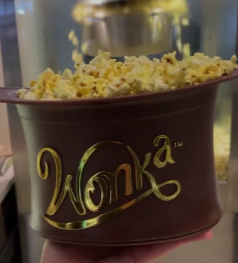
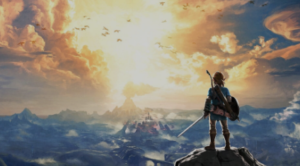
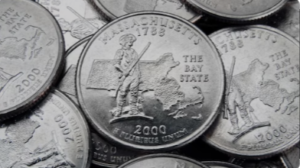
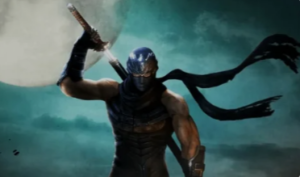


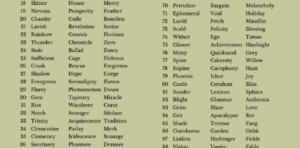

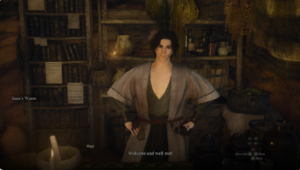
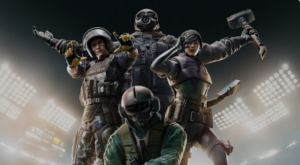
Post Comment